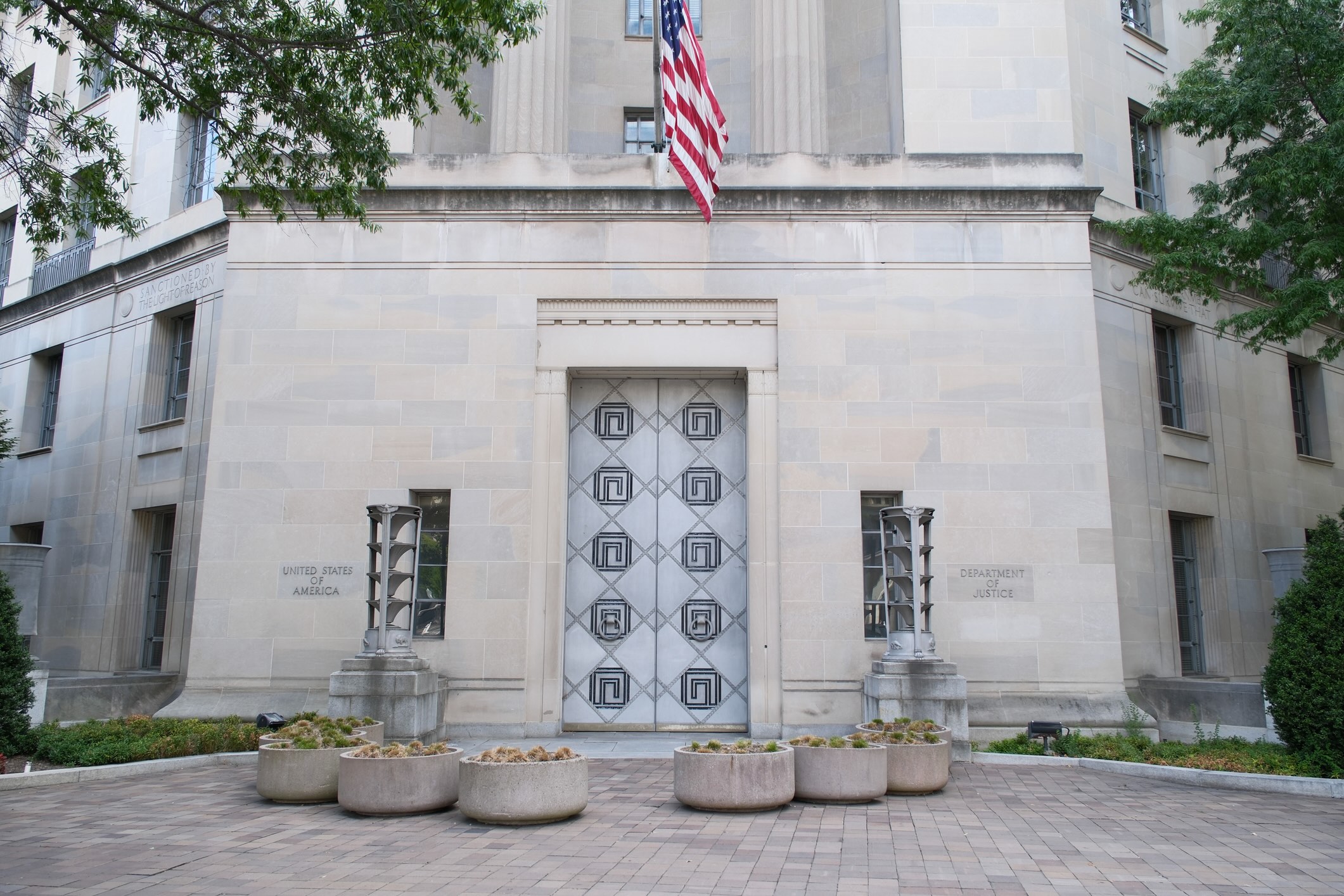DOJ’s Criminal Division Signals Aggressive White-Collar Enforcement in Health Care, Markets, & Foreign Corruption
Key Takeaways
- Record Health Care Fraud Cases: The DOJ announced the largest health care fraud takedown in U.S. history, charging over 300 individuals and uncovering $14.6 billion in false claims.
- Corporate Accountability Rising: Kimberly-Clark and Troy Health, Inc. reached the first corporate health care fraud resolutions in nearly a decade, signaling more to come.
- Market Integrity Focus: DOJ charged executives in a $100 million “ramp and dump” scheme involving a Chinese-linked NASDAQ-listed company, with further cross-border cases expected.
- Procurement and Trade Fraud: Prosecutors secured guilty pleas in a $550 million USAID bribery case and are targeting tariff evasion schemes tied to corporate executives.
- FCPA Enforcement and Incentives: New guidelines and revised policies emphasize voluntary self-disclosure, with cases involving PEMEX, Liberty Mutual, and Honduran bribery underscoring DOJ’s global reach.
Deep Dive
The Department of Justice’s Criminal Division is having what Acting Assistant Attorney General Matthew R. Galeotti called “a record-breaking year” in its pursuit of white-collar crime, and he made clear in remarks Friday at the Global Investigations Review Annual Meeting in New York that prosecutors are far from finished.
Galeotti began by reaffirming the Criminal Division’s priorities: safeguarding U.S. markets, government programs, and taxpayers against fraud, corruption, and corporate misconduct. He pointed to health care fraud as a prime example of how the Division is both scaling up prosecutions and shifting its focus to corporate accountability. In June, prosecutors announced the largest health care fraud takedown in U.S. history, charging more than 300 individuals, including nearly 100 medical professionals, in schemes tied to $14.6 billion in false claims. Within that sweep was Operation Gold Rush, which uncovered transnational organizations allegedly responsible for $12 billion in fraudulent claims. Data analytics helped authorities stop billions in improper Medicare payouts before they were made, an outcome Galeotti described as proof of the Department’s more proactive approach.
But individuals are no longer the sole targets. Galeotti stressed that corporate health care fraud is coming under sharper scrutiny, citing recent resolutions with Kimberly-Clark and Troy Health, Inc. as the first of their kind in nearly a decade. More corporate cases, he said, are already in the pipeline.
The speech then shifted to market integrity and investor protection, with Galeotti singling out schemes tied to Chinese-linked variable interest entities, or VIEs, listed on U.S. exchanges. Just last week, prosecutors charged the co-CEO of a NASDAQ-listed company, OST, in what Galeotti described as a “brazen ramp and dump” fraud. Using sham securities offerings and a coordinated social media blitz, conspirators dumped more than $100 million in shares on unsuspecting investors, many of them ordinary Americans, before the stock collapsed by 94% in a single day. Assets linked to the scheme were seized, and Galeotti promised further cases in cooperation with the SEC’s new Cross-Border Task Force.
The Criminal Division’s reach extends beyond markets. Galeotti pointed to June’s guilty pleas in a decade-long bribery scheme involving a USAID contracting officer and three executives, with $550 million in government contracts at stake. Two companies, Apprio and Vistant, admitted liability and entered deferred prosecution agreements, part of what Galeotti framed as a broader effort to protect taxpayer dollars and restore trust in procurement. Trade and customs fraud, particularly tariff evasion on Chinese goods, is another area where corporate executives can expect enforcement before the year’s end.
Foreign corruption enforcement also remains vigorous, with prosecutors bringing FCPA cases against businessmen tied to Mexico’s state-owned oil company PEMEX, resolving charges against Liberty Mutual over misconduct by its Indian subsidiary, and securing the conviction of a U.S. businessman for bribing Honduran officials. Galeotti emphasized that the Department’s revised Corporate Enforcement Policy is designed to reward companies that voluntarily self-disclose, cooperate, and remediate, turning transparency into a path toward leniency rather than prolonged litigation. Liberty Mutual’s decision to self-report, which led to a faster resolution and reduced penalties, was offered as an example of how the new incentives are playing out.
The scope of enforcement so far in 2025 has been striking: over 200 individuals charged, $16 billion in alleged losses tied to their conduct, more than 140 convictions, and six corporate resolutions. The average fraud loss per defendant now exceeds $70 million, an all-time high that Galeotti said underscores the Department’s focus on major offenders.
Closing his remarks, Galeotti described the fight against fraud, corruption, and corporate misconduct as central to maintaining the integrity of the U.S. financial system. The year, he said, is already one of milestones, with more to come.
“Our dedication to holding wrongdoers accountable remains as firm as ever,” he told the audience, underscoring a theme that ran throughout his address where the Criminal Division’s work is not just about punishing misconduct, but about protecting the American public.
The GRC Report is your premier destination for the latest in governance, risk, and compliance news. As your reliable source for comprehensive coverage, we ensure you stay informed and ready to navigate the dynamic landscape of GRC. Beyond being a news source, the GRC Report represents a thriving community of professionals who, like you, are dedicated to GRC excellence. Explore our insightful articles and breaking news, and actively participate in the conversation to enhance your GRC journey.
Sponsored by






.svg)

.svg)